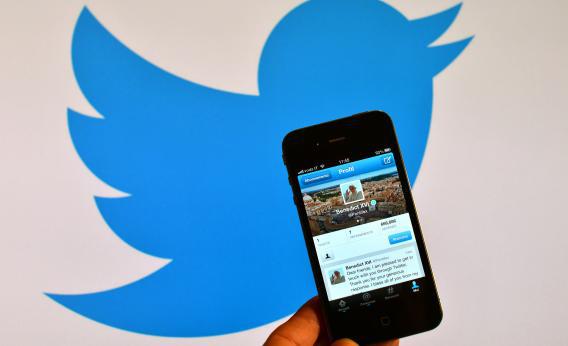I did a column yesterday about T-Mobile’s plans to liberate Americans from the curse of smartphone subsidies in which you get a “discount” smartphone but then get ripped-off with a years-long overpriced contract. They instead want people to pay full price for their phones and then save money over time with cheaper voice and data plans. If the world is lucky, people will switch to them and Verizon and AT&T will need to start offering cheaper plans too.
What I didn’t get into in the piece is how that might change the handset landscape. Right now the dominant fact in the American handset market is that AT&T and Verizon pay Apple a lot more for the latest iPhone than they pay Samsung for the latest Galaxy, but the subsidized price to the consumer is identical. That gives Apple huge profit margins without hurting its market share. The operators are willing to give Apple those huge subsidies because Apple has credibly committed to not settling for less, and both AT&T and Verizon fear losing tons of customers to the other if they don’t cough up the money. Samsung also makes popular, profitable phones but they have much less bargaining power because AT&T and Verizon both feel they could get by with only offering Android-powered smartphones from HTC and Motorola if they lost Samsung.
So that’s a great dynamic for Apple. The downside is that if a customers comes in the door at an AT&T or Verizon store and just says that he wants “a new smartphone” rather than “an iPhone” the companies have a huge incentive to steer the customer to an Android product.
The upshot is that an unsubsidized landscape might tilt the playing field toward Apple by eliminating the operator incentive to steer people away from its products or it might hurt Apple by making apparent the fact that its phones cost more than other high-end smartphones. I also suspect it might hurt handset vendors across the board by getting people to upgrade less frequently. Since the current model is based on overcharging you for your data plan every month in exchange for a once-every-two-years subsidy you’re leaving money on the table if you don’t upgrade once every two years. That gets a lot of people who aren’t necessarily gadget freaks on a very rapid upgrade cycle. If you make the phones more expensive but the data plans cheaper, normal people will probably keep using the same phone as long as it works more or less the way normal people act with their laptops.
